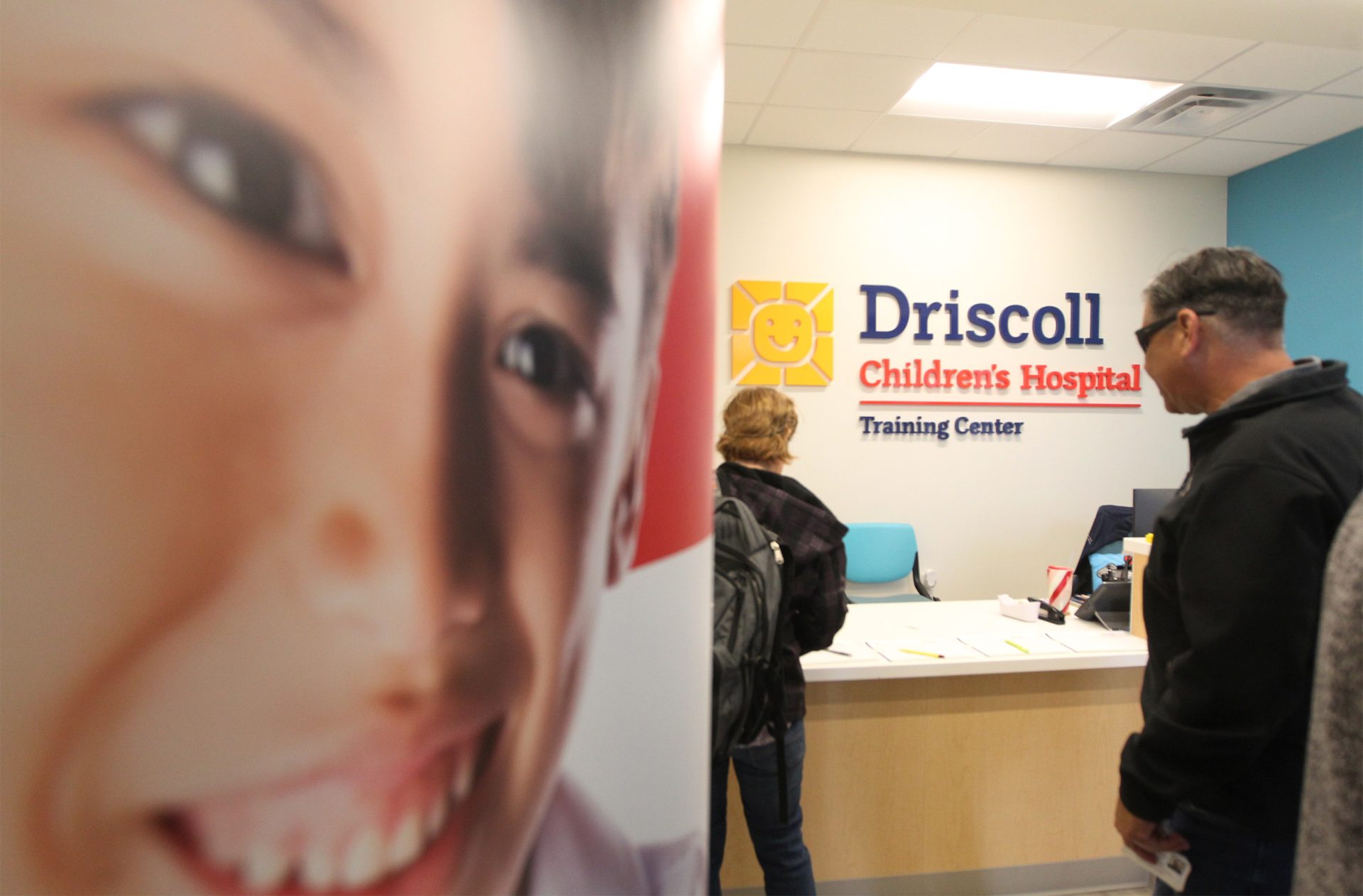|
Only have a minute? Listen instead
Getting your Trinity Audio player ready...
|
The exclusion of Driscoll Health Plan from Texas Medicaid contracts is a disheartening development that threatens the healthcare safety net for some of the state’s most vulnerable populations. As a physician in Brownsville, I have seen firsthand the positive impact Driscoll Health Plan has had on our community, providing essential services to low-income children and pregnant women.
The potential disruption of these services is a matter of grave concern.
Texas Health and Human Services’ decision to deny applications from leading nonprofit children’s health plans, including Driscoll, jeopardizes the healthcare coverage of 1.8 million Texans. In South Texas alone, Driscoll Health Plan covers more than 190,000 children and pregnant mothers, playing a critical role in a region already facing significant healthcare shortages. The exclusion of such a vital provider will lead to a considerable gap in care, one that new, untested providers may struggle to fill.
Driscoll Health Plan has made substantial investments in maternal and pediatric healthcare, including more than $10 million annually in maternal fetal medicine. These investments have not only improved health outcomes but also generated significant cost savings for the state. For instance, the reduction in NICU costs by more than $1 billion over the past decade is a testament to the effectiveness of Driscoll’s preventive care initiatives. This level of commitment and success is unlikely to be matched by for-profit insurers who may prioritize financial performance over patient care.
The potential for disruption is especially concerning given the challenges already faced by the healthcare system in South Texas.
A shortage of pediatricians and other healthcare providers means that any reduction in service quality or accessibility will have immediate and severe consequences. Driscoll Health Plan’s deep roots in the community and its understanding of local needs have been critical in mitigating these challenges. Replacing this established provider with new, out-of-state companies could erode the trust and engagement necessary for effective healthcare delivery.
It is also important to consider the broader implications of this decision for the entire state. The exclusion of nonprofit health plans in favor of for-profit insurers represents a significant shift in Texas’ approach to health care. While competition and efficiency are important, they should not come at the expense of care quality and accessibility for the most vulnerable populations. The proven track record of nonprofit plans like Driscoll should be a key consideration in any procurement process.
The decision to exclude Driscoll Health Plan from Medicaid contracts is a misguided one that risks destabilizing health care for low-income families in South Texas. The expertise, commitment, and local knowledge of nonprofit health plans are invaluable assets that should be leveraged, not discarded. I urge Texas Health and Human Services to reconsider this decision, taking into account the significant contributions of Driscoll Health Plan and the critical needs of our community.
Ensuring that every child and pregnant mother has access to high-quality healthcare should be our top priority, and that requires building on the successes of trusted, proven providers like Driscoll.
Dr. Asim Zamir, MD is a pediatric specialist in Brownsville.





